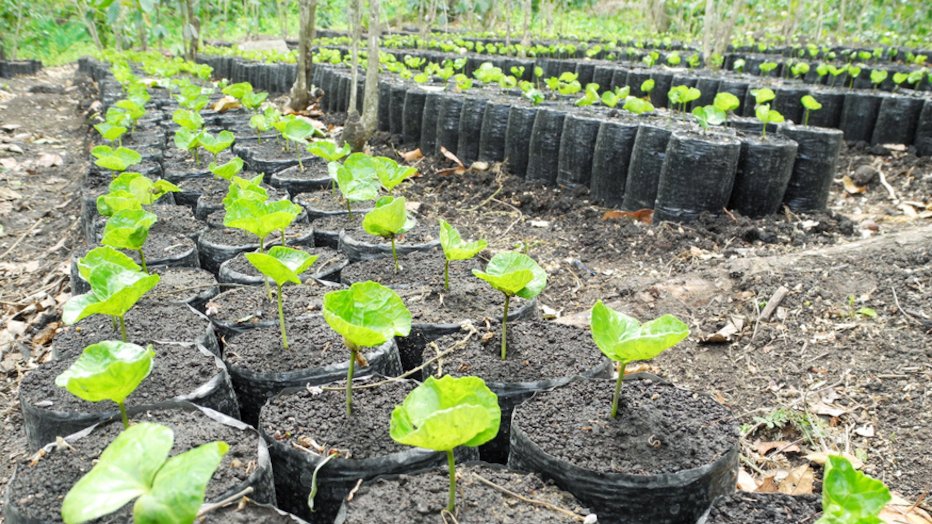Horticulture and landscaping
Horticulture and landscaping are concerned with the production and cultivation of plants that are as environmentally friendly as possible and that serve to feed humans and improve or beautify the environment.

Overview of the academic discipline
This field of study focuses on the one hand on horticultural products, services and their marketing (horticulture) and on the other hand on the development, planting and maintenance of gardens, green spaces and sports and leisure facilities (landscaping).
Which topics are included in the curriculum?
The Horticulture degree programme provides a broad basic knowledge in all areas of horticulture and landscaping sciences, e.g. modern methods of production in intensive crops, sustainable use of resources and biological plant protection. In addition, an ecological understanding of horticulture and landscaping is taught.
The Bachelor's degree programme focuses on the fundamentals of natural sciences and horticultural plant production. Modules include biology, botany, plant production, horticultural technology, vegetable, fruit and ornamental plant cultivation, tree nurseries, meteorology, plant physiology, soil science, genetics, plant nutrition and phytomedicine.
In the subsequent Master's programme, students can choose to specialise in biological, ecological, plant cultivation, technical and economic areas. They gain knowledge in the areas of ornamental plant cultivation, vegetable cultivation, fruit cultivation, production optimisation, horticultural market theory, business management, consulting and organic horticulture.
The programme usually includes a work placement lasting between eight weeks and six months. A one-year work placement is strongly recommended for students wishing to enter the higher agricultural service.
What are the requirements?
A thorough knowledge of school subjects such as biology, chemistry, physics, geography and maths is a good foundation for a successful degree programme. Depending on the type of university and college, pre-study work placements may be required.
What study programmes are there to choose from?
Bachelor's and Master's degree programmes are available at universities of applied sciences and universities. The degree programmes are called horticultural science. In landscaping, there is some overlap with landscape architecture and environmental planning. Depending on the specialisation, the degree courses can have a business or technical/planning focus.
What job opportunities are there after graduation?
Graduates of horticultural sciences and landscaping sciences work in public administration, in private and public gardening and landscaping companies, in commercial enterprises and garden centres as well as in official, private or trade association-owned horticultural advice centres. In addition, there are employment opportunities in public and industrial research institutes, in research institutes and departments, e.g. in the field of plant breeding or in the plant protection and fertiliser industry. Horticultural engineers are also employed in sales in the supplier industries, e.g. with manufacturers of plant protection products and fertilisers, special horticultural machinery and equipment.
